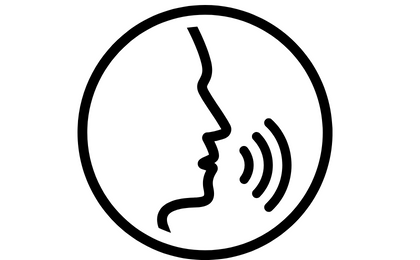The course “Civilisation of the Target Language” introduces EFL students to the historical, cultural, social, and political background of English-speaking countries mainly the United Kingdom
- Enseignant: ammar bouchemella
- Enseignant: Ichrak Bechami
- Enseignant: djelloul bradcha
- Enseignant: amira bentayeb
- Enseignant: Bachir Sahed
- Enseignant: lynda melikechi
- Enseignant: mustapha habitouche
Information technology in distance education is delivered via both analog and digital technologies, including diverse combinations of telephone connections, tele-courses, video conferences and computer transmissions. Information technology for distance learning programs is a reflection of this new world.
- Enseignant: ammar bouchemella
- Enseignant: chaima benchenouf
- Enseignant: rayane aribi
- Enseignant: raoudha bouliche

The program of oral expression includes vocabulary games, interesting topics to be discussed, and video lessons with extensive explanations.
This module aims at helping the students to improve their speaking abilities from a basic level to a professional one.
With regards to references, we have vocabulary games from the Guardian, the prestigious English newspaper, and links to lessons of grammar, vocabulary, and pronunciation from Youtube, which I share with the students along with the names of the teachers, so they could benefit more.
As for the exams, for the fact that they are taken orally, it is not possible to share them in a written form, but I explain to the students prior to the exams what to prepare, and they usually do well.
- Enseignant: abdennour benhamimid
- Enseignant: ibtihel silini
- Enseignant: imene belmiloud
